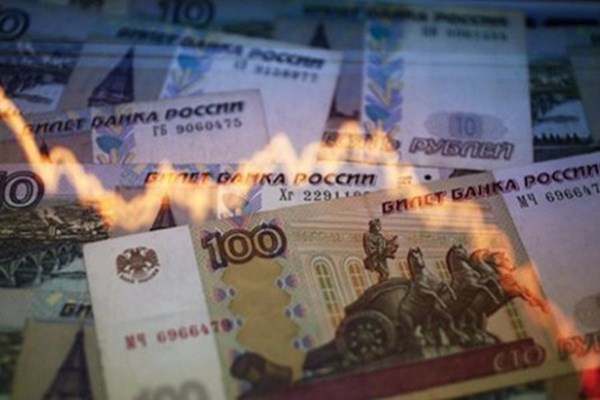Russia's Federal Anti-Monopoly Service says the state controls 70% of the Russian economy
There has been a state-monopolistic capitalism in Russia, according to a report by the Federal Anti-Monopoly Service, as reported by Vedomosti on 29 September. The distribution of government and state-owned companies in the GDP has increased to 70% from 35% in 2015, the document reads. The FAS notes an increased number of regional and municipal unitary enterprises which are the main enemies of competition in local markets.
The State is not going to abandon corporate control and wants to maintain the ability to influence the management of these enterprises, the report by the FAS stated. Entrepreneurs consider officials to be the main enemies of competition and the actions of these authorities is the main reason for the decline in the number of competitors.
To illustrate an example of how this has hurt competition, the FAS stated that reciprocal food sanctions have led to a rise in food prices. The benefits of accelerated import substitution is readily apparent, though it "may pose hidden threats for economy" and lead to the restriction of competition and reduced efficiencies in the product market, the report states. The import substitution policy, in particular, has led to a rise in food prices, new administrative barriers, and higher prices without improving the product quality.
"For now, according to Russian entrepreneurs, the competitive environment in general, to put it mildly, leaves much to be desired," as Russian Prime Minister Dmitry Medvedev stated on 29 September, referring to the FAS’ report. He noted that the issues mentioned in the document are not new and the government is trying to move towards resolving them "more or less successfully."
